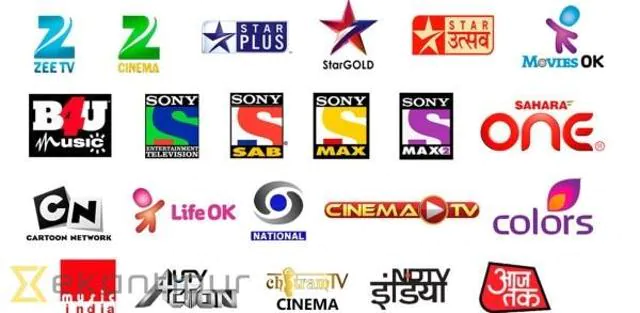According to the Centre’s new guidelines, television channels, particularly entertainment channels, must broadcast content of national interest and public importance for 30 minutes. The uplinking and downlinking guidelines were announced in light of the government’s goal of making India an uplinking hub. It also announced a relaxation of compliance requirements for television channels. The guidelines were first issued in 2005 and were last revised in 2011.
Every day, TV channels will be required to broadcast 30 minutes of public interest content, covering topics such as education, literacy, agriculture and rural development, health and family welfare, science and technology, women’s welfare, the welfare of the weaker sections of society, environmental protection, cultural heritage, and national integration.
The content for the channels will not be provided by the government. According to I&B Secretary Apurva Chandra, TV channels are free to create and broadcast their own content.
Meanwhile, the Cabinet-approved ‘Guidelines for Uplinking and Downlinking of Television Channels in India, 2022’ allow limited liability partnerships and corporations to allow uplinking of foreign channels from Indian teleports.
The move is expected to allow TV channels from Bhutan, Bangladesh, Sri Lanka, and Nepal to uplink from India rather than Singapore, which is the preferred uplinking hub for subcontinental channels. Only 30 of the 897 registered channels are uplinked from India.
According to Sanjiv Shankar, Joint Secretary (Broadcasting), the requirement to obtain permission for live telecast of events has been eliminated. Only prior registration of events will be required to be telecast live in the future. Furthermore, no prior permission will be required to change the language or transmission mode from Standard Definition (SD) to High Definition (HD) or vice versa.
The guidelines also grant permission for a news agency for a five-year period, rather than the current one-year period. It also stated that equipment other than Digital Satellite News Gathering (DSNG), such as optic fibre, back pack, and mobile, would not require a separate permit.

